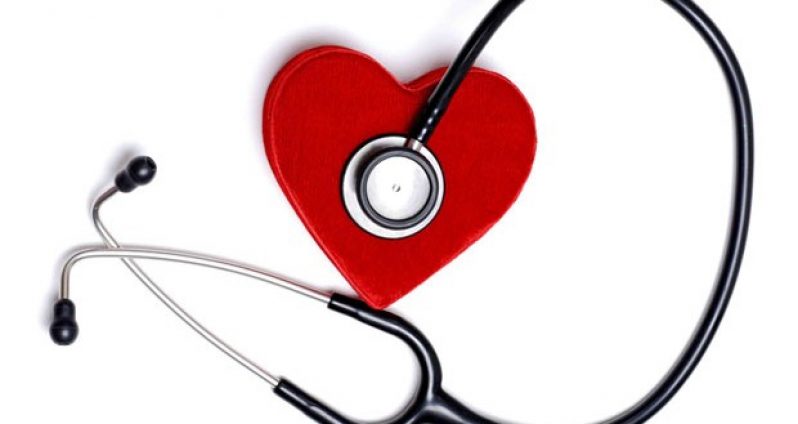IN an effort to reduce the burden of global diseases, the World Health Organisation (WHO) member states have agreed to implement a new global malaria strategy for the period 2016/2030. The Organisation’s proposed programme budget for 2016/2017 has also been approved.A statement on the WHO’s online web page reads: “The strategy aims to reduce the global disease burden by 40% by 2020, and by at least 90% by 2030; while it also aims to eliminate malaria in at least 35 new countries by 2030.”
Between 2000 and 2013, the global malaria mortality rate dropped by 47%, thanks to a major expansion of the WHO-recommended core package of measures – vector control, chemoprevention, diagnostic testing and treatment — which has proven both cost effective and efficient.
Nevertheless, millions of people are still unable to access malaria prevention and treatment, and most deaths continue to go unregistered and unreported. In 2013, malaria killed an estimated 584,000 people.
AIMS OF NEW STRATEGY
The statement revealed that the new strategy aims to build on recent successes to radically reduce this figure.
Developed in close consultation with endemic countries and partners, the strategy provides a comprehensive framework so countries can develop tailored programmes that would sustain and accelerate progress towards malaria elimination.
It comprises three key elements: ensuring universal access to malaria prevention, diagnosis and treatment; accelerating efforts towards elimination and attainment of malaria-free status; and strengthening malaria surveillance.
The strategy also emphasises the importance of innovation and research, and the critical need for political commitment, sustainable financing, strong health systems, and collaboration across different sectors.
PROGRAMME BUDGET 2016/17
The WHO disclosed that the member states also approved its proposed Programme Budget for 2016/17.
The budget, worth US$4384.9M, includes a US$236M increase over the 2014/15 programme budget requirement, to meet the needs of countries; leverage the experience gained during the Ebola outbreak; address emerging priorities, such as antimicrobial resistance, health and the environment, malaria and viral hepatitis; and implement resolutions passed by the Assembly and WHO’s Regional Committees.
Additional funds would also be used to further strengthen transparency, improve risk management, and enhance accountability.
(Navendra Seoraj)





.jpg)








